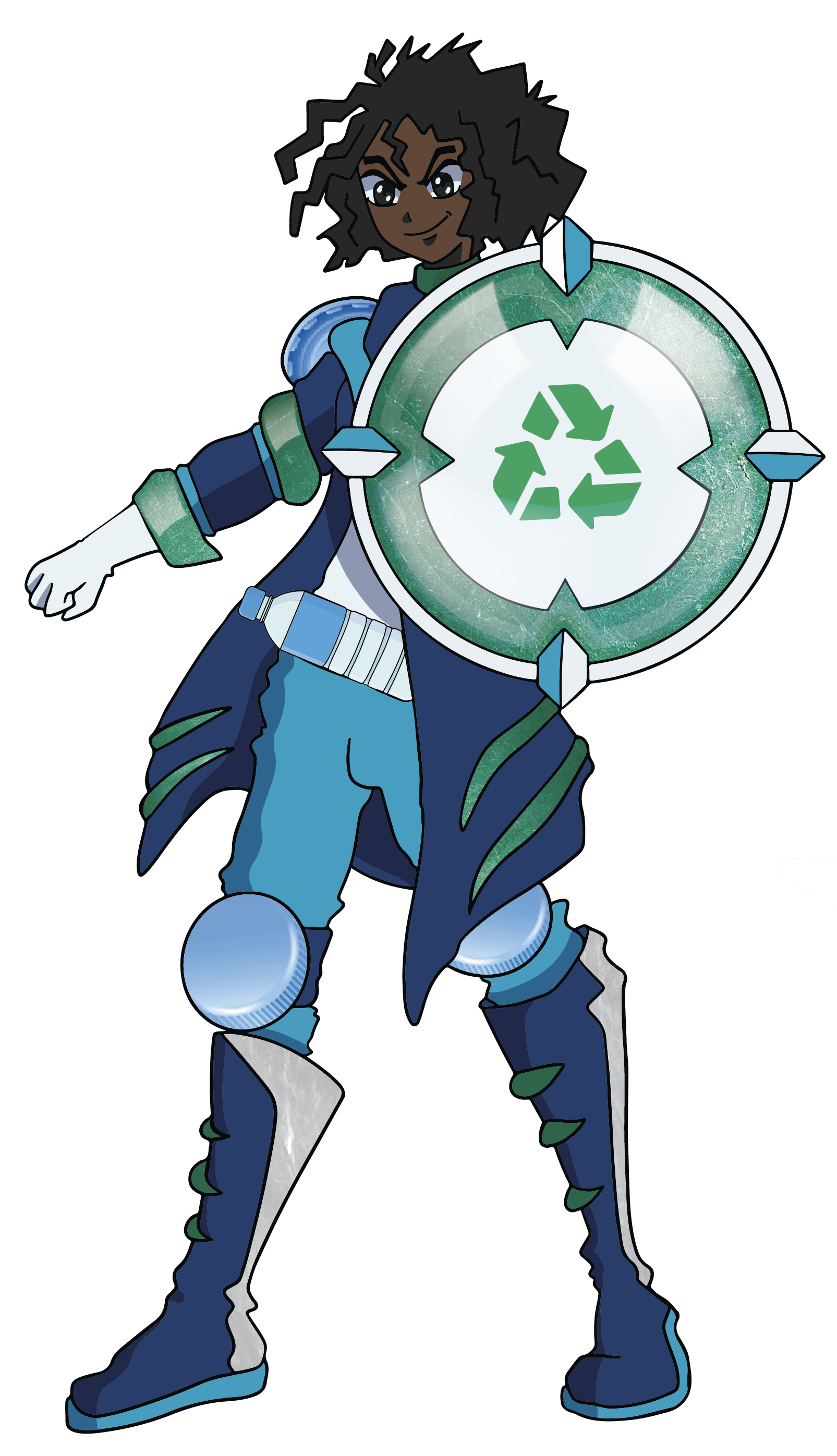- 15 billion cans
- 16,000 tonnes of foil containers
- 425,000 miles of household foil
- 580 million aerosols
Vital statistics
-
MATERIAL:ALUMINIUM
-
Made from:Bauxite
-
Properties:Lightweight, durable, malleable, corrosion resistant
-
Used in:Food cans, foil, drink cans, aerosols
-
TIME TO DECOMPOSE:200 years
packaging stats
Recyclability facts
- Aluminium packaging is 100% recyclable into any type of metal product: from a paper clip to a car engine part, an iron to an aeroplane.
- 56% of aluminium packaging is recycled in the UK. 76% of aluminium drink cans are recycled.
- Recycling a tonne of aluminium saves 9 tonnes of CO2 emissions and 4 tonnes of bauxite – the raw material from which aluminium is made.
- Recycling cans saves up to 95% of the energy it takes to make aluminium from raw materials.
- Recycling one aluminium can saves enough energy to power your TV for three hours.
- It takes the same amount of energy to make one new aluminium can as it does to recycle 20.
- 75% of all the aluminium ever made is still in circulation today.


Vital statistics
-
MATERIAL:STEEL
-
Made from:Iron and carbon
-
Properties:Strong, durable, malleable, conducts heat
-
Used in:Food cans, drink cans, aerosols, pet food tins
-
TIME TO DECOMPOSE:50 years
packaging stats
- 15 billion FOOD cans
- 580 million aerosols
Every year, the UK uses:
Recyclability facts
- Steel cans are 100% recyclable. They can be made into more steel cans, bicycles, car parts, and other everyday products.
- 82% of steel packaging is recycled in the UK.
- Recycling a tonne of steel saves 1.4 tonnes of iron ore and saves 1.5 tonnes of CO2 emissions.
- Recycling steel saves up to 74% of the energy needed to make steel from raw materials.
- Recycling seven steel cans saves enough energy to power a 60-watt lightbulb for over 24 hours.
- Steel is the most recycled material on the planet, more than all other materials combined.
- Almost every new car is made up of around 25% recycled steel.


Vital statistics
-
MATERIAL:GLASS
-
Made from:sand, soda ash AND limestone
-
Properties:Hard, brittle, transparent
-
Used in:Bottles, jars
-
TIME TO DECOMPOSE:NEVER
packaging stats
- 2.4 million tonnes of glass packaging
Every year, the UK uses:
Recyclability facts
- Glass is 100% recyclable and can be reused over and over again, without losing quality.
- The UK recycles around 69% of its glass packaging.
- Every tonne of glass recycled saves 0.2 tonnes of CO2 emissions and saves 1.2 tonnes of raw materials including 1,300 pounds of sand; 410 pounds of soda ash; and 380 pounds of limestone.
- Glass placed in landfill will never decompose. Archaeologists are still finding glass used during the Roman age.
- Clear glass bottles contain around 32% recycled glass, whereas green bottles contain as much as 68% recycled glass.
- Recycling just one glass bottle saves enough energy to light a 100-watt light bulb for 4 hours.
- Glass recycling in the UK saves enough energy to launch 10 space missions.


Vital statistics
-
MATERIAL:PLASTIC
-
Made from:OIL
-
Properties:Lightweight, durable, malleable, corrosion resistant
-
Used in:PLASTIC CUPS, CUTLERY, BAGS, STRAWS
-
TIME TO DECOMPOSE:up to 1000 years
packaging stats
- 2.5 billion disposable cups
- 2.1 billion single-use plastic bags
- 4.7 billion plastic straws
- 7.7 billion plastic bottles
Every year, the UK uses:
Recyclability facts
- The number of times that plastic can be recycled depends on the type, however plastic is not infinitely recyclable.
- There are seven types of plastic. Three of these are not recyclable and some may be recycled depending where you live.
- The UK recycles around 43% of plastic packaging.
- Recycling 1 tonne of plastic bottles saves almost 2 tonnes of carbon.
- It takes 66% less energy to make a plastic bottle from recycled plastic compared with using ‘raw’ materials.
- 1 recycled plastic bottle would save enough energy to power a 60-watt light bulb for up to 3 hours.
- A pair of jeans includes an average of 8 recycled plastic bottles.

